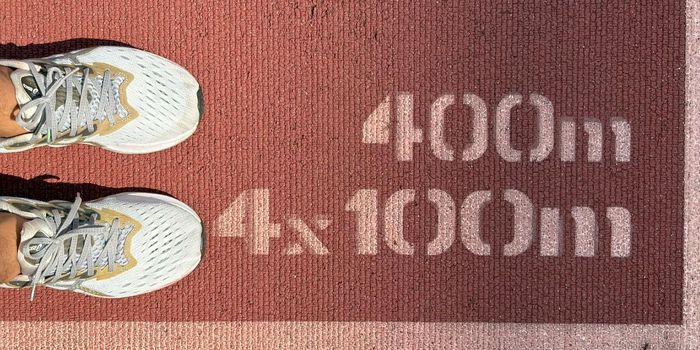Researchers Amber Southwell, Michael Hayden and Blair Leavitt at the University of British Columbia Centre for Molecular Medicine and Therapeutics and the Centre for Huntington Disease in Canada have developed a new test that enables physicians to measure the effects of gene silencing therapy in Huntington's disease. The researchers, who worked with colleagues from the Mayo Clinic, will support the first human clinical trial of a drug that targets the genetic cause of the disease. The gene silencing therapy is designed to reduce the levels of a toxic protein in the brain that causes Huntington's disease, as published in Scientific Reports and reported in Drug Discovery & Development (http://www.dddmag.com/news/2015/08/scientists-develop-test-measure-effectiveness-treatments-huntingtons-disease?et_cid=4724062&et_rid=45505806&location=top).

As explained by the American Speech-Language-Hearing Association (ASHA), Huntington's disease (HD) is a genetic disorder characterized by progressive degeneration of brain cells. Most individuals with Huntington's disease develop some signs and symptoms by the time they reach their 30s or 40s. The effects of Huntington's disease include difficulty in motor control (movement), cognition (thinking) and behavior. Sometimes people with HD will the same areas of difficulty throughout the course of the disease, with varying severity. Motor problems in HD include impairments in voluntary movements and uncontrolled involuntary jerking or writhing movements (chorea). Individuals with HD usually experience have muscle problems, such as rigidity or muscle contracture (dystonia), in addition to impaired gait, posture and balance. Motor control problems give those with HD trouble performing daily activities and remaining independent. There can be speech and swallowing problems when the centers of motor or cognitive control responsible for these functions are affected (http://www.asha.org/public/speech/disorders/HuntingtonsDisease.htm).
According to Leavitt, "This is an important breakthrough for several promising gene silencing therapies in Huntington's disease that are now moving from the bench to the bedside. We can move forward with these clinical trials and accurately measure whether our treatments are working."
The genetic mutation that causes HD produces a toxic form of a protein called huntingtin, which progressively damages brain cells. By lowering the brain levels of this toxic protein, researchers hope to prevent or delay the onset of HD symptoms. Several huntingtin-lowering therapies have demonstrated great potential in animal models and are quickly approaching clinical trials in humans.
The team found a way to determine the levels of mutant huntingtin protein in the brain by collecting cerebrospinal fluid from a spinal tap. The ultrasensitive test is designed to detect small amounts of the toxic protein. The test can be used to track changes in brain levels of the protein over time in response to new drugs.
Because of this study, Leavitt can initiate a new clinical trial of a huntingtin gene-silencing therapy for patients at the Centre for Huntington Disease at the Djavad Mowafaghian Centre for Brain Health, a partnership between UBC and Vancouver Coastal Health. This trial, which will test the safety of a novel gene-silencing treatment in patients and is already in the process of screening patient candidates, will be the first human study of a drug targeting mutant huntingtin.









